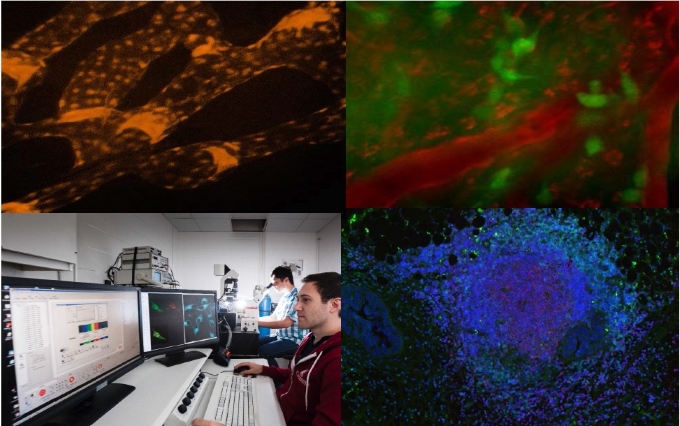Researchers working towards a cure
November 6, 2014
Share
Four Queen’s University professors have received funding from the Cancer Research Society to continue their research into treatments for cancer. Lois Mulligan, Bruce Elliott, Peter Greer (Department of Pathology and Molecular Medicine) and Madhuri Koti (Department of Biomedical and Molecular Sciences) each received a $120,000 grant.
“Queen’s University has extensive expertise in fields of cancer research and treatment, both fundamental and clinical,” says Steven Liss, Vice-Principal (Research). “The investment being made is a testament to the strength of our researchers and potential to make a significant difference to a very important health issue. I look forward to watching the progress of these four remarkable researchers unfold with the support of the Cancer Research Society.”

The specific projects are as follows:
Dr. Koti is working to identify mechanisms in the immune system within the cancerous tumour that might contribute to individual differences in response to chemotherapy. This research will allow a personalized treatment approach for patients living with ovarian cancer.
Dr. Mulligan is focusing on a molecule called RET that helps convey signals to cells allowing them to grow or move. In a growing number of cancers, RET has been shown to help the cancerous tumour grow and spread to other sites. Her research will explore the roles of RET, which will provide tools to understand the system and combat human cancer.
Dr. Greer is studying Arpin, a recently discovered protein that plays a role in the spread of cancer. His research looks at how the disruption of Arpin in breast cancer cells blocks their ability to spread from the breast to other organs such as the liver and lungs. He is working to prove the theory that Arpin inhibition could help prevent the spread of breast cancer.
Dr. Elliott and his team are working to understand the mechanisms of cancer metastasis to the lymph nodes, a key indicator of a poor outcome in cancer patients. He is developing a model to image this metastasis process in real time to provide better understanding of the process. This information will move us a step closer to testing therapies that can prevent early cancer spread to the lymphatic system.
Queen’s distinguishes itself as one of the leading research-intensive institutions in Canada. The mission is to advance research excellence, leadership and innovation, as well as enhance Queen’s impact at a national and international level. Through undertaking leading-edge research, Queen’s is addressing many of the world’s greatest challenges, and developing innovative ideas and technological advances brought about by discoveries in a variety of disciplines.